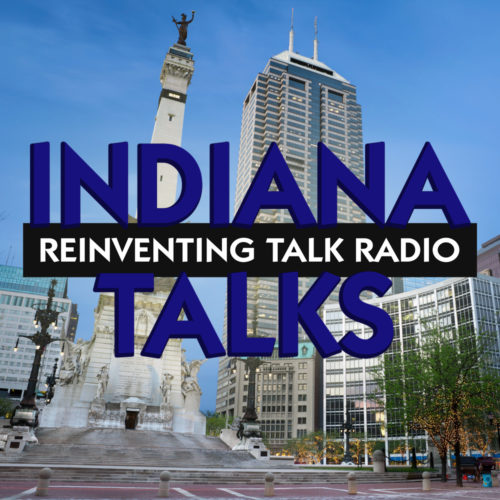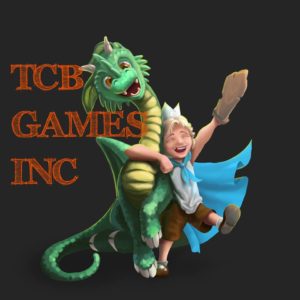Hated or Loved, Castro’s Consequential Legacy Part of History
 |
| Fidel Castro |
Fidel Castro died on Friday.
I am sure my reaction was much like the reactions of many. I personally didn’t celebrate his obituary, but I wasn’t unhappy to read it.
To me, Castro was a tyrant. He was a dictator. He held his country and his people back, and he had an unending hatred for what we would call democracy. To exiled Cuban refugees and their families, Castro was like Satan.
To many others, Castro was a revolutionary. When others capitulated at the threats of the United States government, Castro stood taller and got stronger. To some, dare I say he was a hero.
Castro was a survivor. He was a central figure in the Cuban Missile Crisis which brought the United States and the Soviet Union extremely close to nuclear war.
Yet, time after time, opponents including U.S. Presidents tried to take him out. He survived. He bedeviled Dwight Eisenhower, John F. Kennedy, Lyndon Johnson, Richard Nixon, Gerald Ford, Jimmy Carter, Ronald Reagan, George H.W. Bush, Bill Clinton, George W. Bush, and Barack Obama.
When his country’s economy tanked, he found a way to work out of it, and he survived that way for some 60 years on the world stage as a permanent rock in the shoe of the United States just 90 miles a way. A true reminder of the Cold War with, at various points, the means to do real harm to our way of life and our national interests. He was that threat that could never be extinguished.
He was a fiercely controversial man, a complex world leader and a fascinating personality.
In interviews, Castro had a sort of disarming charm. Barbara Walters has talked about her time with Castro as enjoyable. She talked about how he would allow a certain back and forth between the two even going as far to cook for the crew. Walters always said that the other Castro was never far from the surface.
That Castro was the fiery revolutionary who could captivate or alienate an audience. That Fidel Castro seemed too mean to ever die.
In the end, Castro was largely relegated to a ceremonial role in his own government. His brother, Raul, now the leader, mended fences with Barack Obama, the current American President, and the old wounds between Cuba and the United States seemed to finally be healing. Fidel never seemed happy with that and even spoke out against his country’s course of action in his failing health.
He was shaking his fist at the United States until the very end.
One of the most consequential people of his time, Fidel Castro is gone at 90 years old. In death, as in life, he leaves many with much to think about and many emotions to experience.
Source: Indy Democrat Blog







